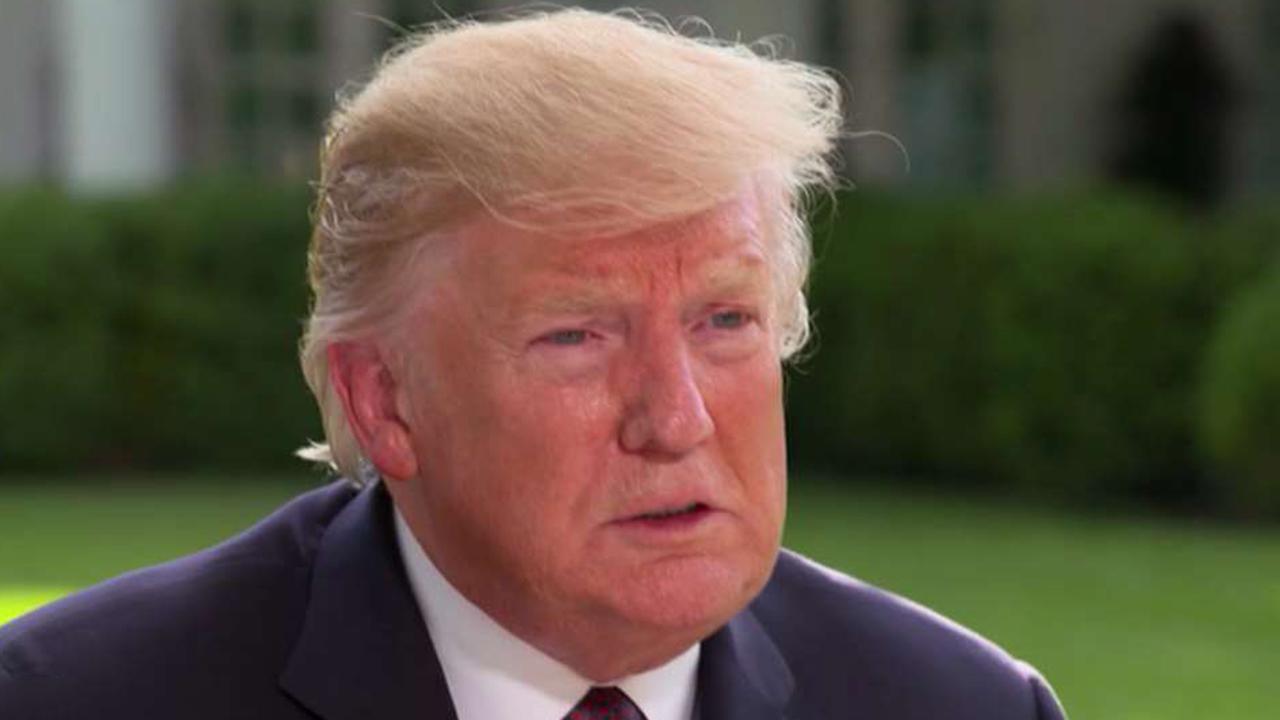Trump still wants to end carried interest tax benefits
President Trump made eliminatingthe so-called carried interest tax benefit a pinnacle of his 2016 campaign, but ultimately failed to kill the tax “loophole” that mostly benefits hedge fund managers and private equity executives in the 2017 tax overhaul.
Now, he says, he hasn’t given up on trying to end the practice.
“I’d like to do it,” he told Fox News’ Steve Hilton during an interview on Sunday. “I want to do it. But every time I do it, they offer me things that are much more valued than carried interest. It’s not that much money. I got a much better deal for it, but the interest, I’d like to do it.”
Carried interest is the percentage of an investment’s gains that a private equity partner or hedge fund manager takes as compensation, regardless of whether they contributed any initial funds. It typically amounts to about 20 percent to 25 percent of the fund’s annual profit.
But critics (both Democrats and Republicans) have slammed it as a tax loophole that allows the rich to get richer, because it allows the partner to pay a lower rate than most individuals -- it’s considered a “long-term investment”, which is taxed at 20 percent, versus the highest tax bracket of 37 percent. Advocates, however, argue that it spurs long-term investment.
While the 2017 Tax Cuts and Jobs Act changed some benefits of carried interest, it ultimately fell short of eliminating it entirely, thanks in large part to the work of Capitol Hill lobbyist groups, Trump said.
CLICK HERE TO GET THE FOX BUSINESS APP
“I hated it. But I traded it for two points. In other words, I could have had carried interest out, but you would have paid 23 percent or 24 percent, instead of 21 percent, and I wanted the 21 percent,” he said, referring to the corporate tax rate. “I used that as a negotiating chip, and quite frankly, it was a very good deal.”
In 2015, the House Joint Committee on Taxation estimated that taxing carried interest income as ordinary income would add $1.8 billion to the federal budget in 2019.




















